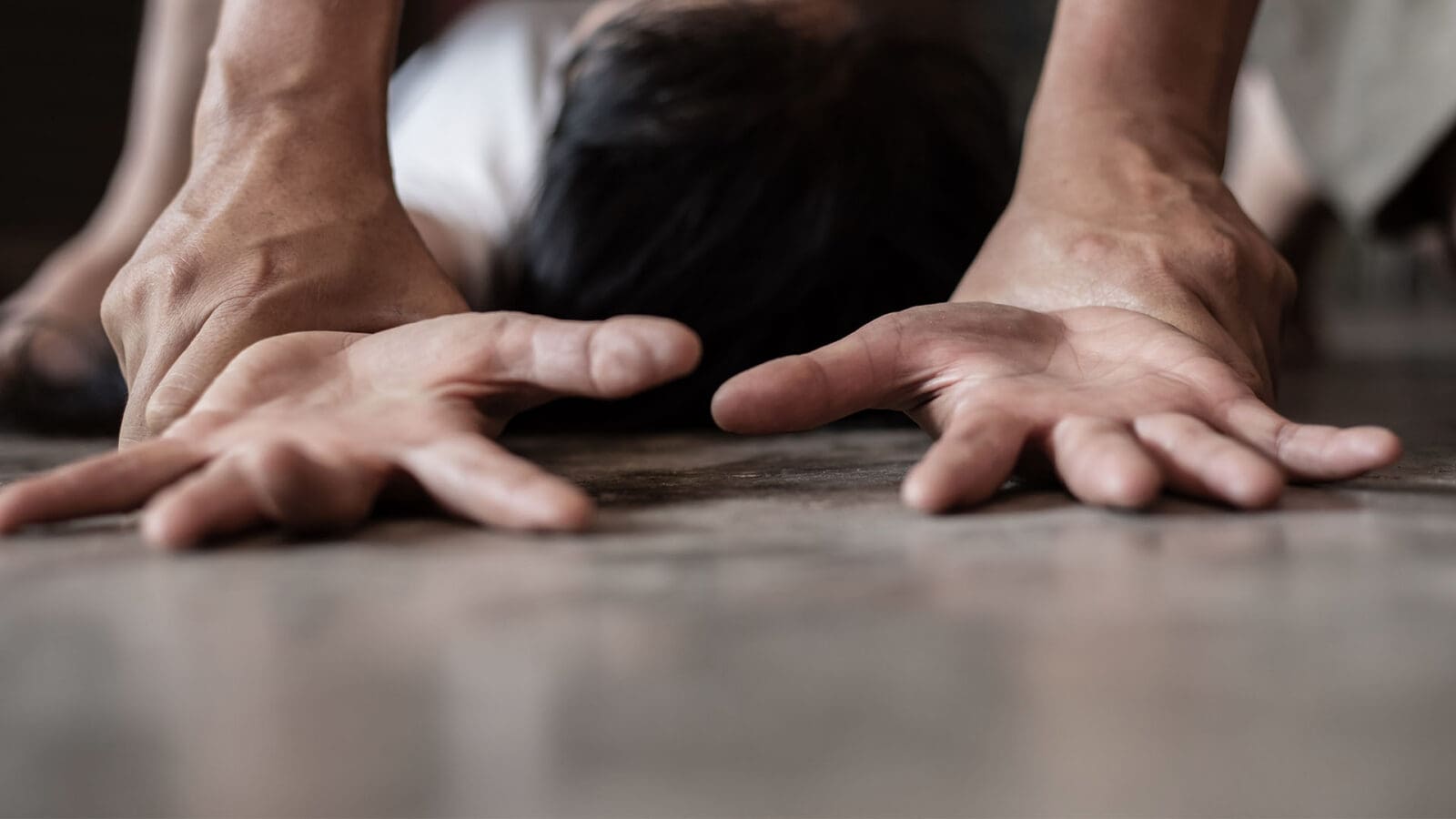
Veteran Sexual Trauma Claim Denial Appeals | Free Consultation
VA Claims and Military Sexual Abuse: How Attorneys Can Help You
Sexual trauma is a very real threat for members of the US military, but these events go largely unreported. Veterans who now suffer from the physical or emotional effects of sexually traumatic incidents may have a right to collect compensation through the Department of Veteran Affairs’ (VA) disability benefits program, even if they have received a denial for their sexual trauma claim.
However, it is necessary to prove a connection between your active duty service and your current symptoms, whether it be from a mental illness such as PTSD or a physical disability. The help and guidance of a VA-accredited lawyer can make a substantial difference in filing military sexual trauma claims for disability compensation. They can help you file an initial application or pursue an appeal if your case has met resistance at your local VA office.
Common Sources of Military Sexual Trauma
Acts of sexual violence such as rape or genital mutilation can cause severe consequences for a servicemember’s mental and physical health and can cause numerous issues such as PTSD. However, even subtle forms of sexual abuse such as unwelcome touching or persistent advances can have a profound impact on a person’s psyche.
Sadly, serving in the US military can expose people to higher risks of sexual exploitation. It is not uncommon for servicemembers to experience this abuse from their peers or a superior officer. The effects of Military Sexual Trauma often persist long after the abuse ends.
Symptoms and Adverse Effects
Sexual trauma can lead to a variety of physical and mental symptoms. Survivors may experience flashbacks of the event, depression, bipolar symptoms, or suicidal ideation. A formal diagnosis of PTSD or a depressive or anxiety disorder may be present in many cases.
Working with a psychologist or psychiatrist to document your symptoms and how they affect your civilian life is crucial for proving your case. VA will typically accept mental health diagnoses as secondary to military sexual trauma from these professionals and will also use their notes to assign a percentage of disability, which in turn determines a veteran’s level of benefits.
Appealing the VA’s Decision
The main role of VetLaw’s team is to help veterans who are met with resistance after filing for PTSD or filing claims for other physical or mental conditions due to military sexual abuse under VA’s disability compensation program. Claimants may face denials for a variety of reasons, such as:
- A lack of medical nexus between the event or events that occurred during active duty and their current symptoms
- Insufficient proof of the existence and severity of their symptoms
- A lack of documentation of the in-service event or actions taken shortly thereafter
An attorney can assist with appeals at both the local and federal level. In many cases, it is necessary to request a hearing before the Board of Veterans’ Appeals, since providing live testimony to a judge will go a long way in convincing the Board to overturn VA’s veteran sexual trauma claim denial.
MILITARY SEXUAL ASSAULT CLAIMS: HOW ARE THEY REALLY BEING HANDLED?
Seek Advice from an Attorney before Appealing A Veteran Sexual Trauma Claim Denial
Sexual trauma which takes place during active duty military service affects both men and women. However, as many as one in three women face some sort of sexual abuse while on active duty. If sexual abuse suffered during your active duty service now affects your day-to-day activities or caused a physical or mental disability such as PTSD, you may qualify for VA disability benefits.
A VA-accredited attorney can help if your veteran sexual trauma claim is met with a denial from VA. We can work with you to overcome VA’s reason for your veteran sexual trauma claim denial and appeal your claim to either the local or the federal level. Contact VetLaw’s team today to see how we can help you.



